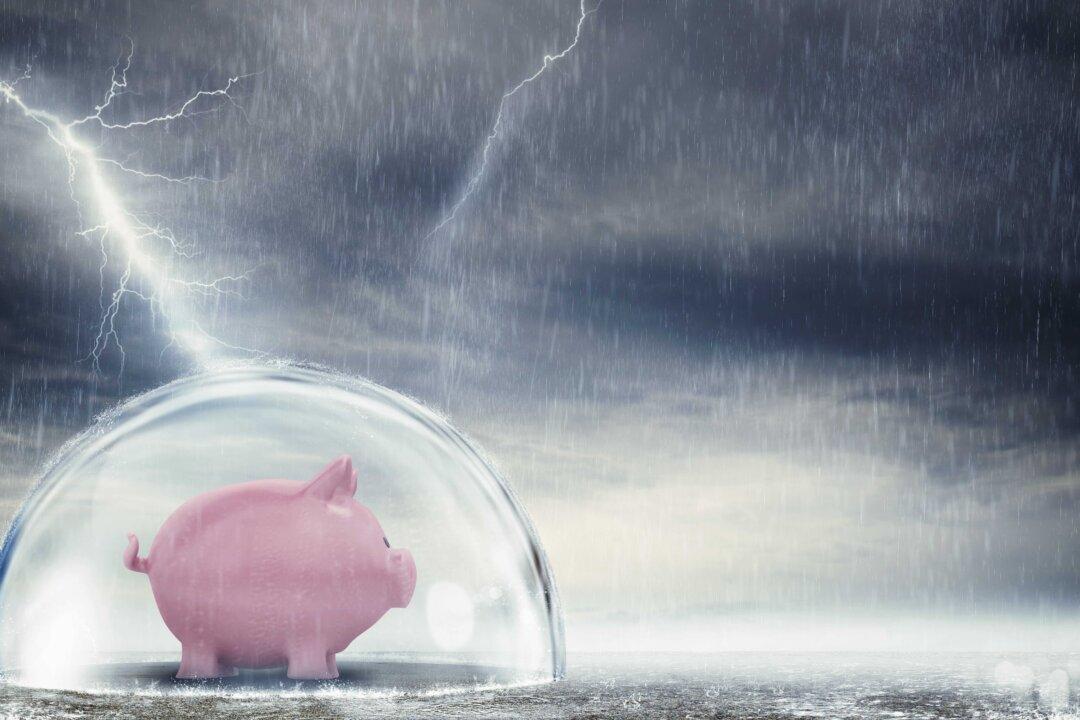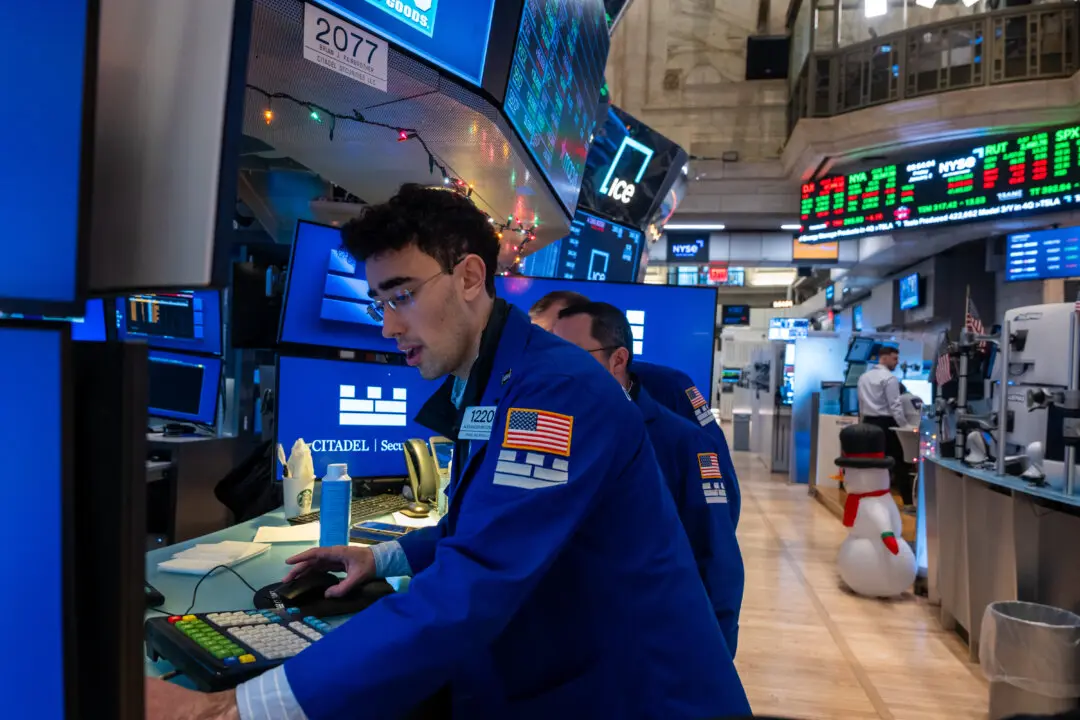Commentary
The banking crisis, which became visible to most Americans only with the sudden and unexpected collapse of Silicon Valley Bank (SVB) two weeks ago, has not abated. There are reasons to believe it will become worse. So, what should one do to get out of harm’s way? Is it possible to find shelter in the financial storm?






